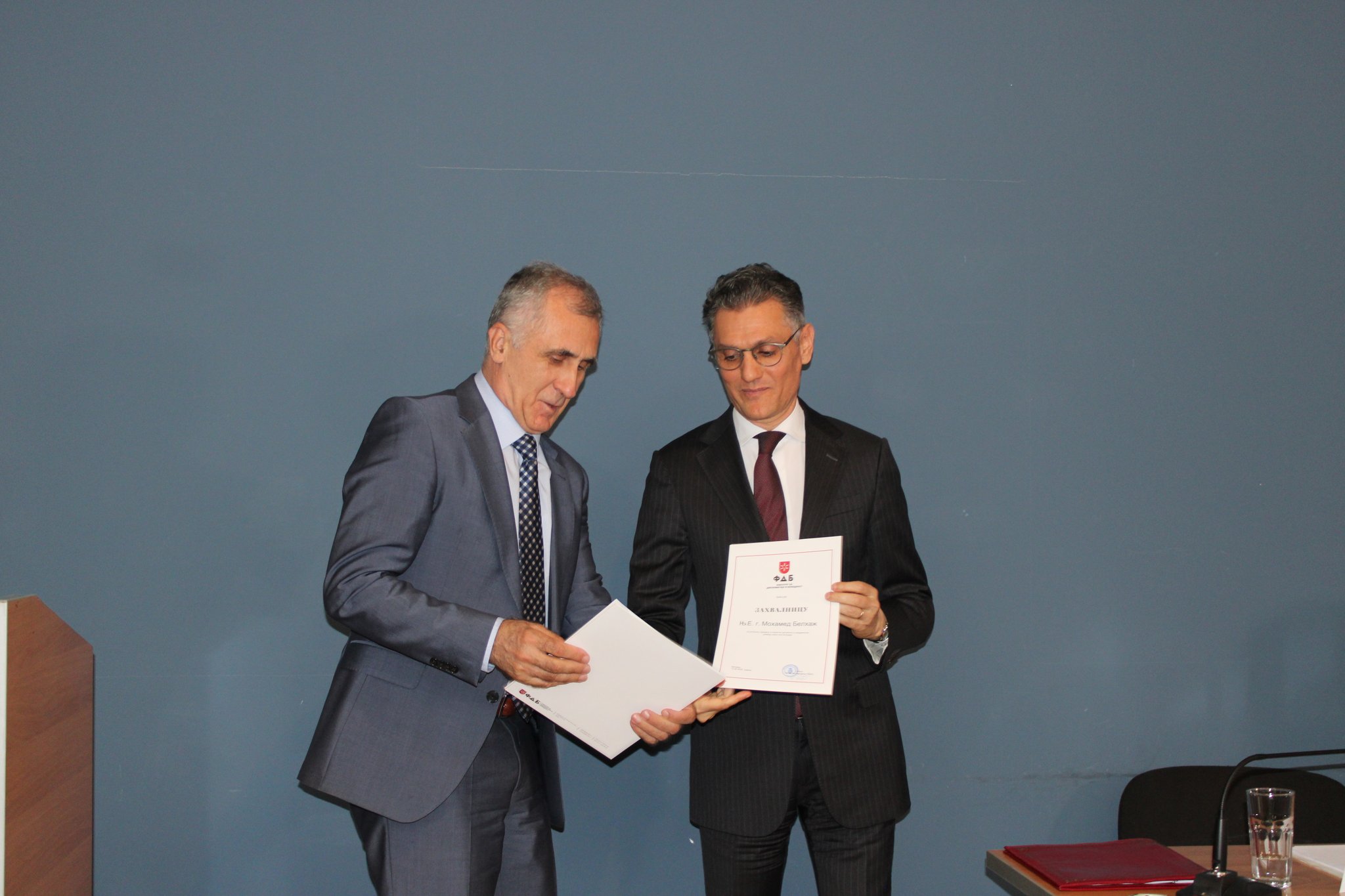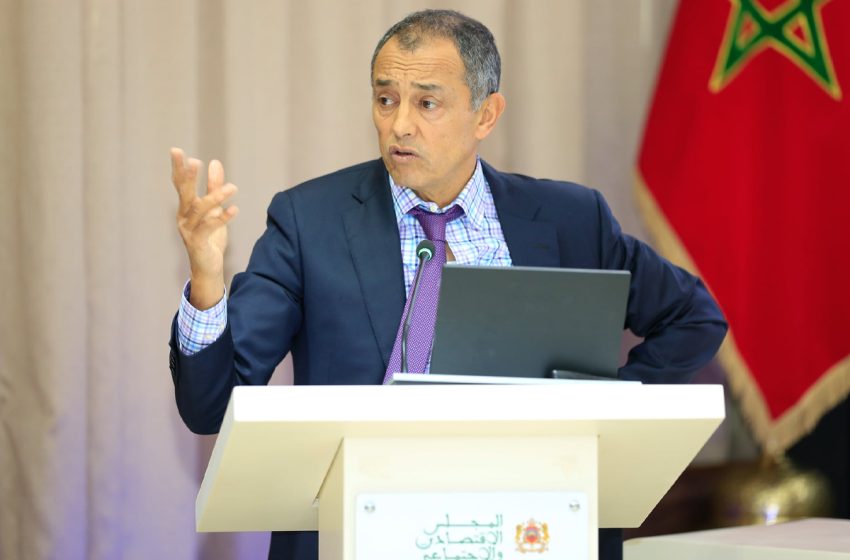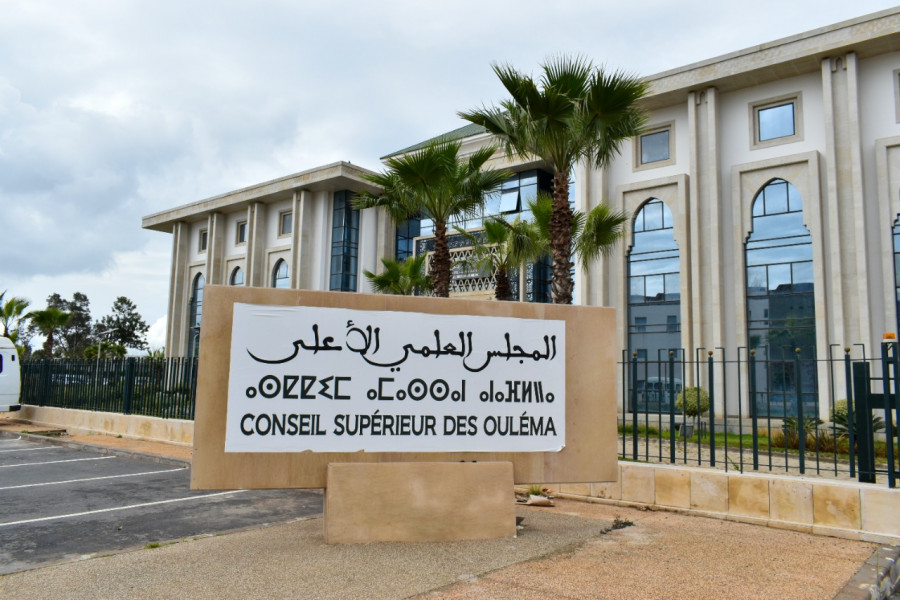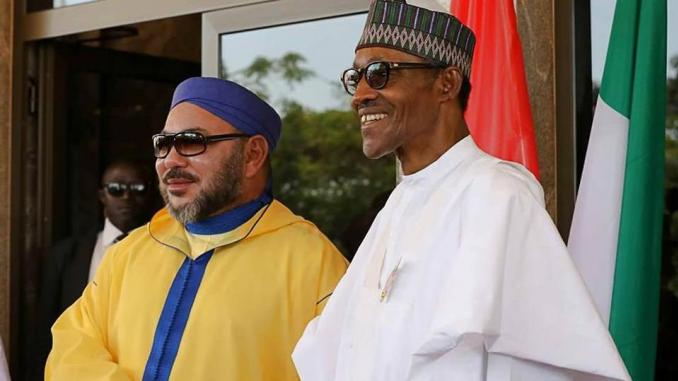The Royal Initiative for the Atlantic was highlighted at a conference at Belgrade’s Faculty of Diplomacy and Security, on the theme “Priorities and ambitions of Moroccan diplomacy – Case study: the Royal Initiative for Atlantic Morocco”.
During this meeting, Morocco’s ambassador to Serbia, Mohamed Belhaj, stressed that the Royal Atlantic Initiative was of great strategic and historical significance, enabling the establishment of an “influential hub on the continental level aimed at making the Atlantic coast a center of large-scale economic integration.”
Morocco is working to promote a sustainable maritime economy, develop road, port and rail infrastructure in the south of the Kingdom and create a national merchant fleet, hence its new long-term vision for the region, which includes access to the Atlantic Ocean for the countries of the Sahel region (Mali, Niger, Burkina Faso, and Chad),” added Belhaj.
In this respect, the Moroccan diplomat noted that this initiative aims to lead international efforts to provide a “holistic approach focused on sustainable development and create opportunities to address the challenges faced by these countries rich in human and natural resources, including terrorism and radicalization, climate change, poverty and political instability, which in turn fuel other transnational threats, including human trafficking.”
Referring to relations between Morocco and Serbia, Belhaj highlighted the many points in common between the two countries, traditionally linked by friendly relations, reiterating the common positions and converging points of view on both regional and international issues of common interest.
The conference focused largely on the Kingdom’s foreign policy priorities, namely “Morocco and pan-African initiatives,” “South-South cooperation,” “triangular cooperation,” “consolidating peace and security in Africa,” “diversifying international partnerships,” “consolidating multilateralism,” as well as the organization of the 2030 World Cup, as an important vector and lever for growth and economic development.
The conference, organized within the framework of cooperation between the Moroccan Embassy in Serbia and all Serbian universities, was marked by the screening of an institutional film on the initiatives and projects initiated in Morocco under the leadership of King Mohammed VI, as well as on the priorities of Moroccan diplomacy, which include respect for the sovereignty and territorial integrity of States.
On the sidelines of the conference, Belhaj held talks with the Dean of Belgrade’s Faculty of Diplomacy and Security, Professor Radojica Lazić, on future avenues of cooperation between this institution and the Kingdom’s Embassy, as well as exploring ways of further strengthening ties with other Moroccan and Serbian Grandes Ecoles and universities.



